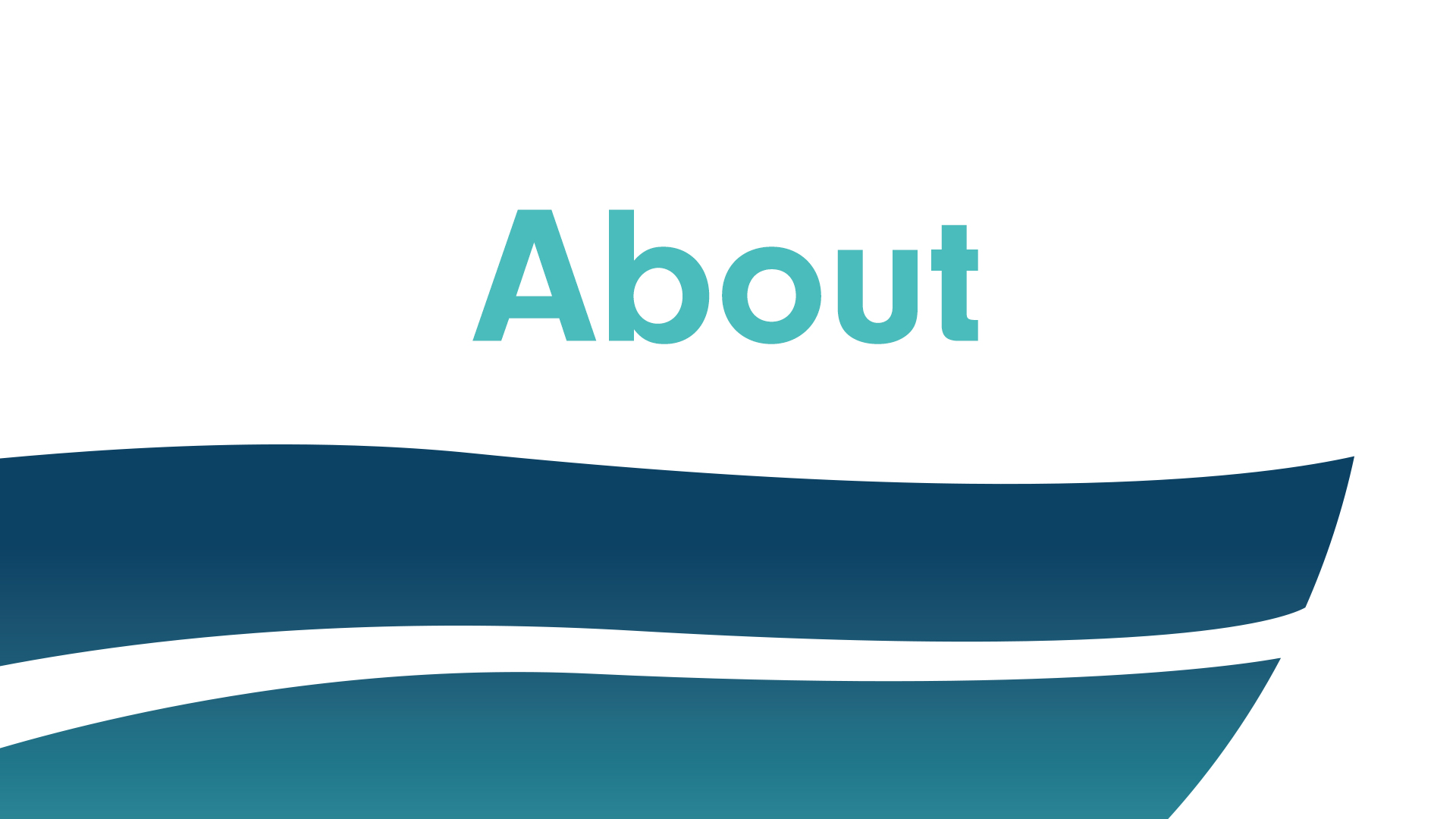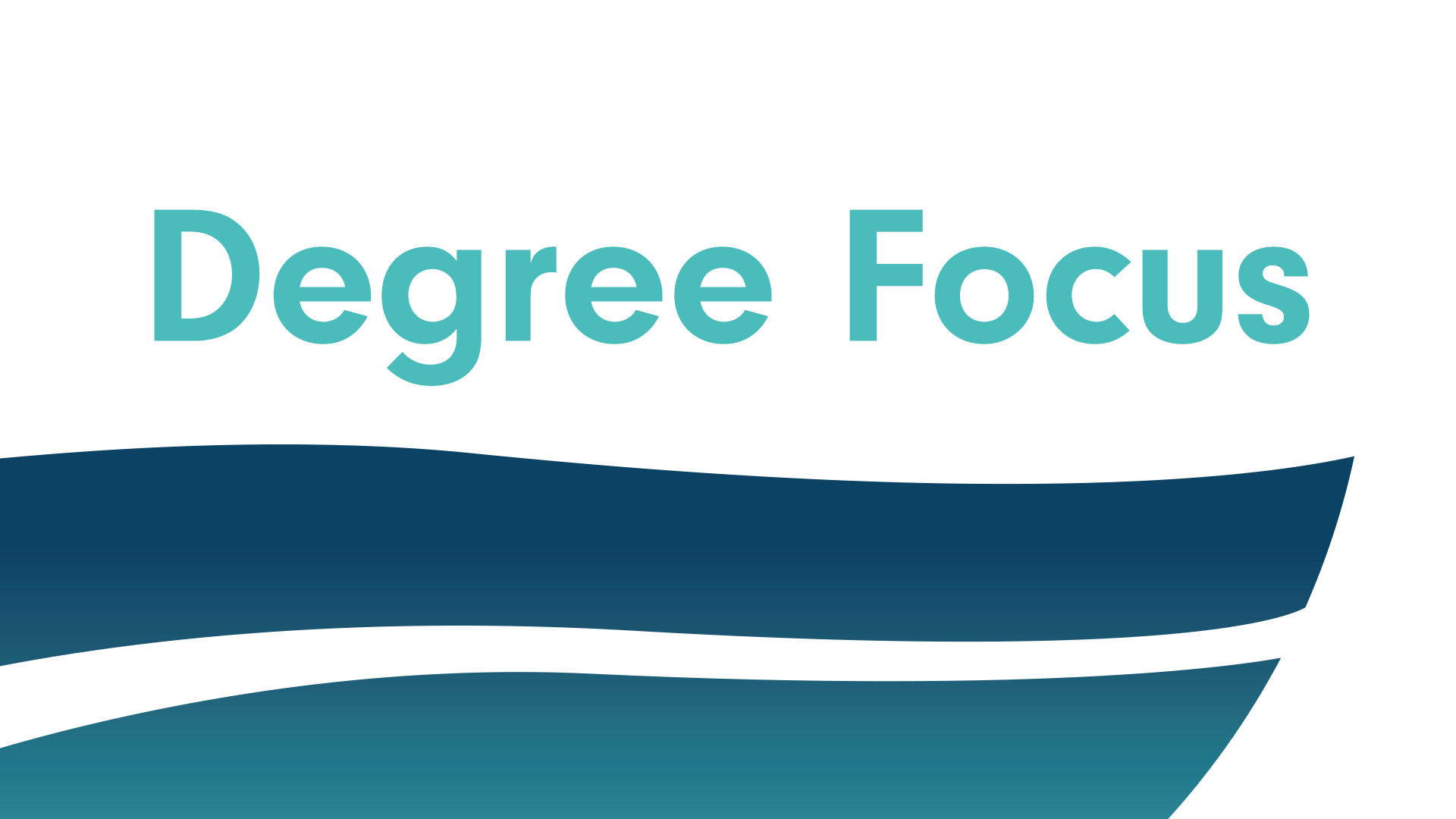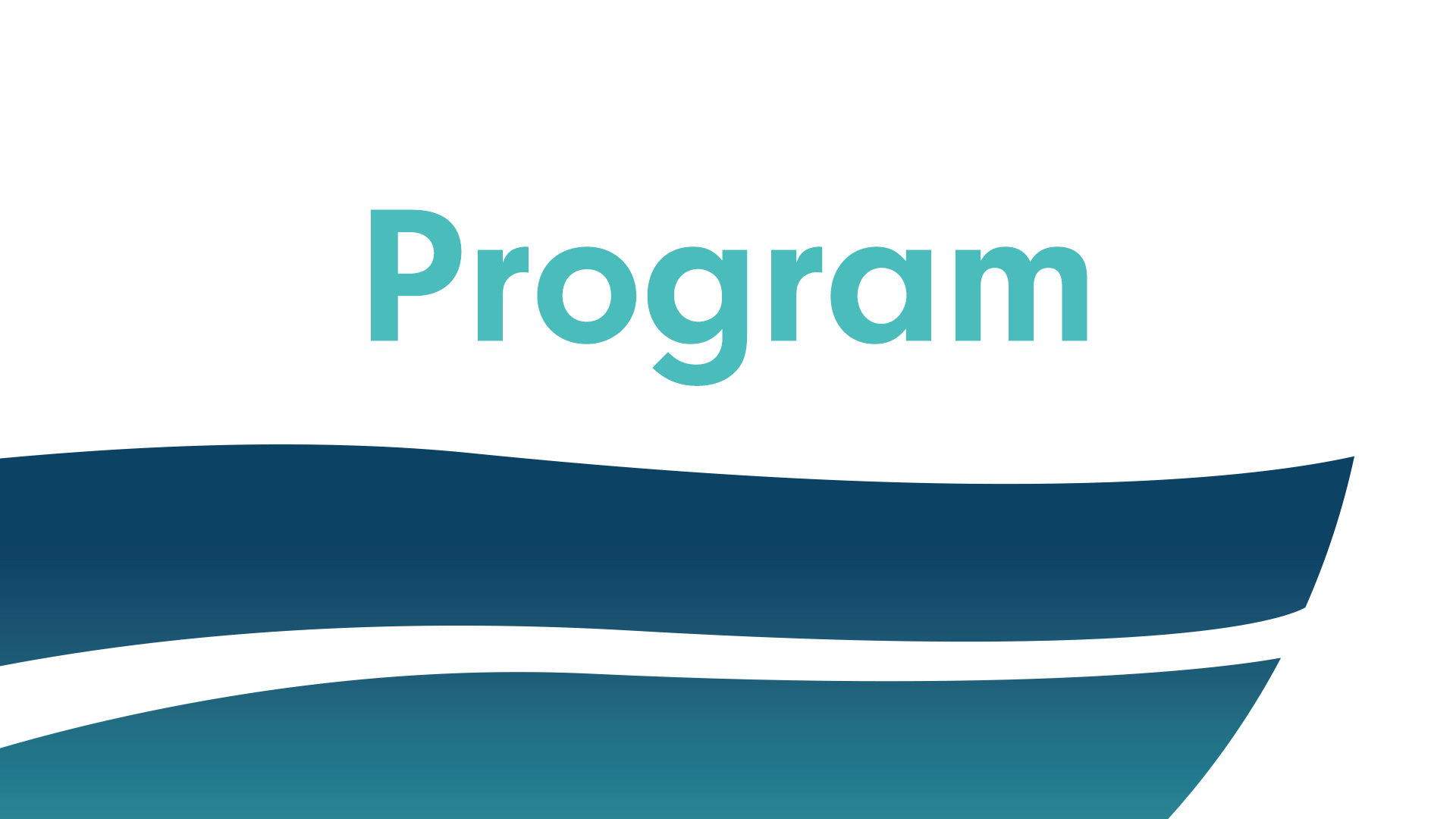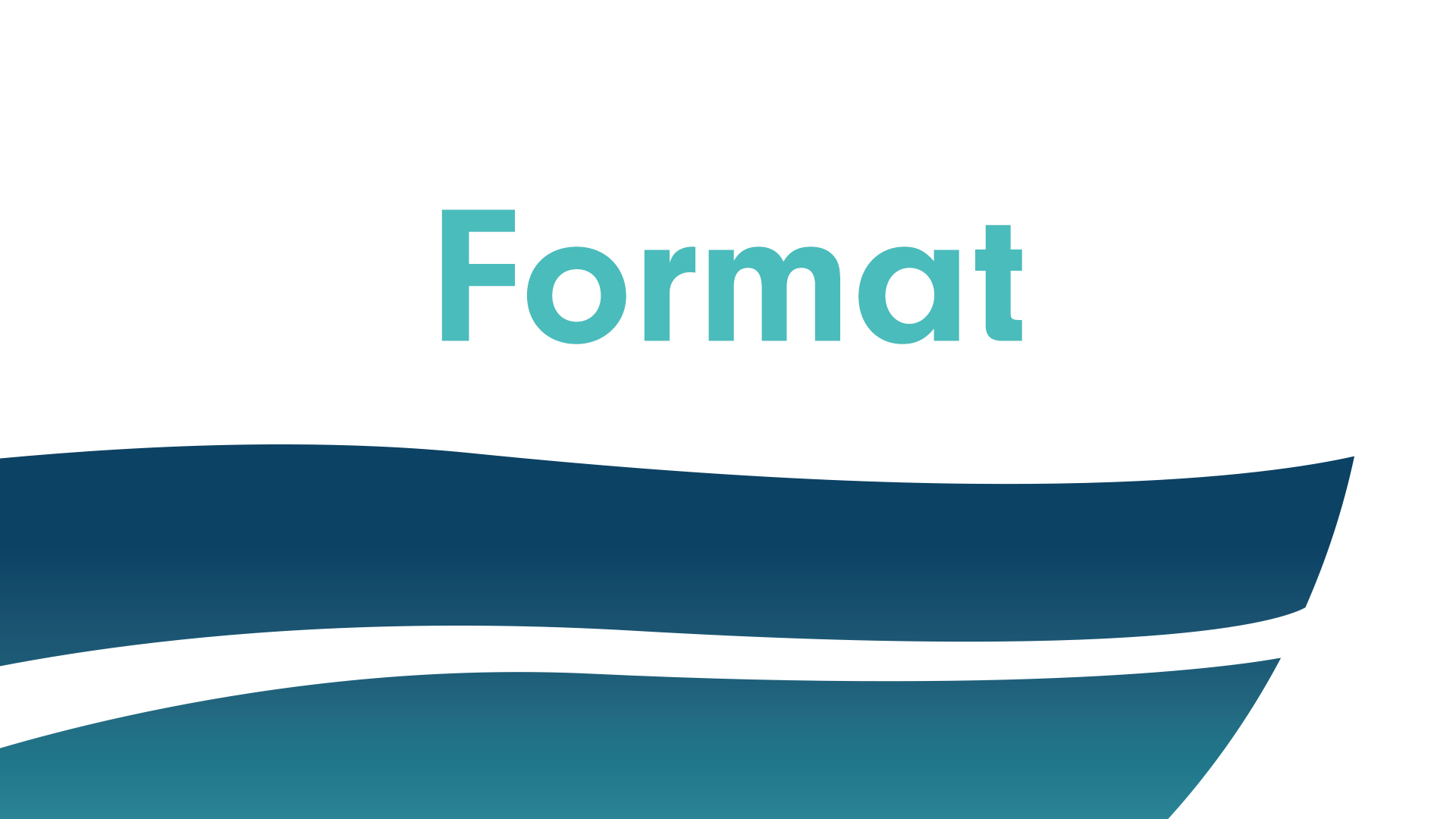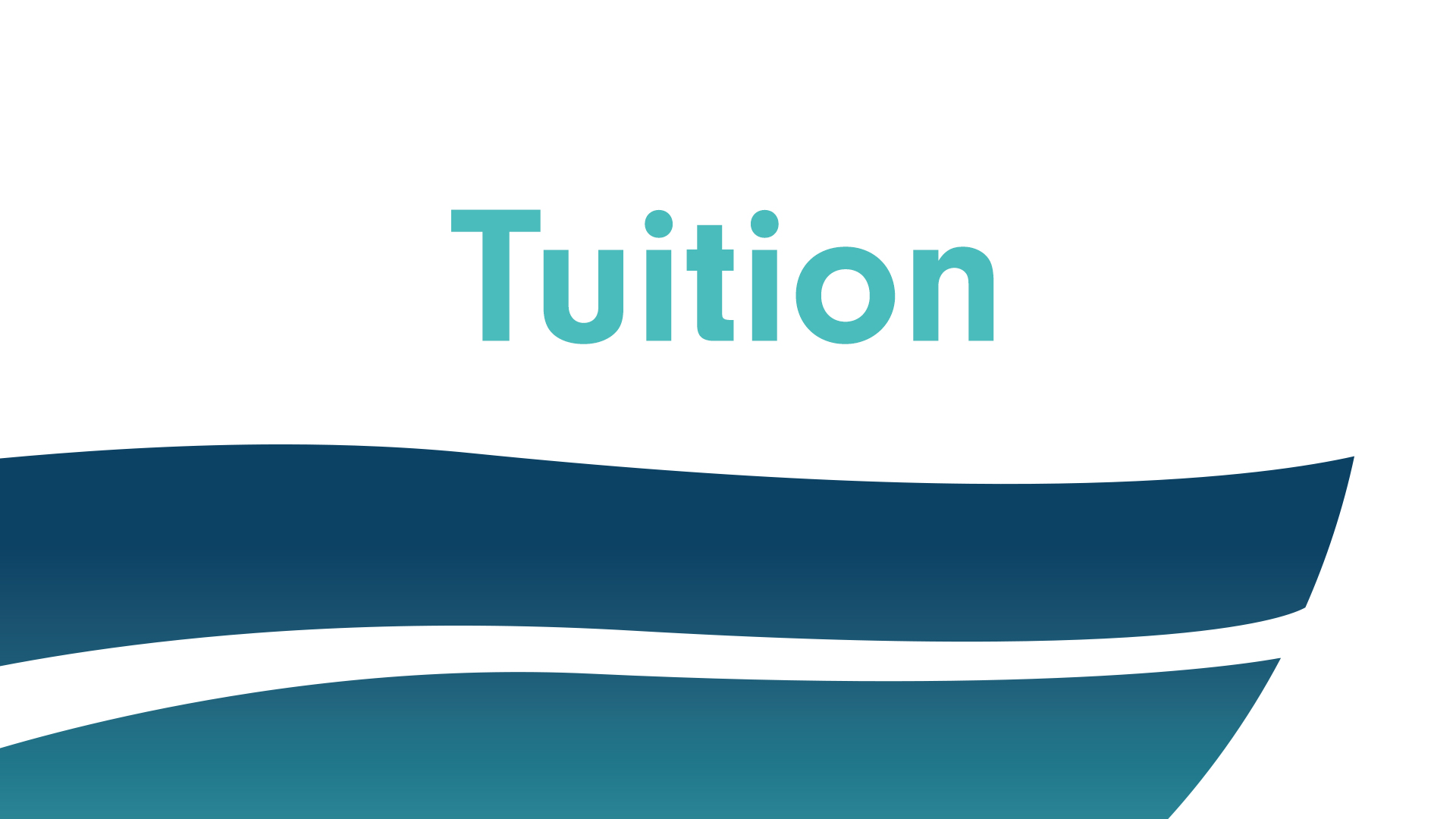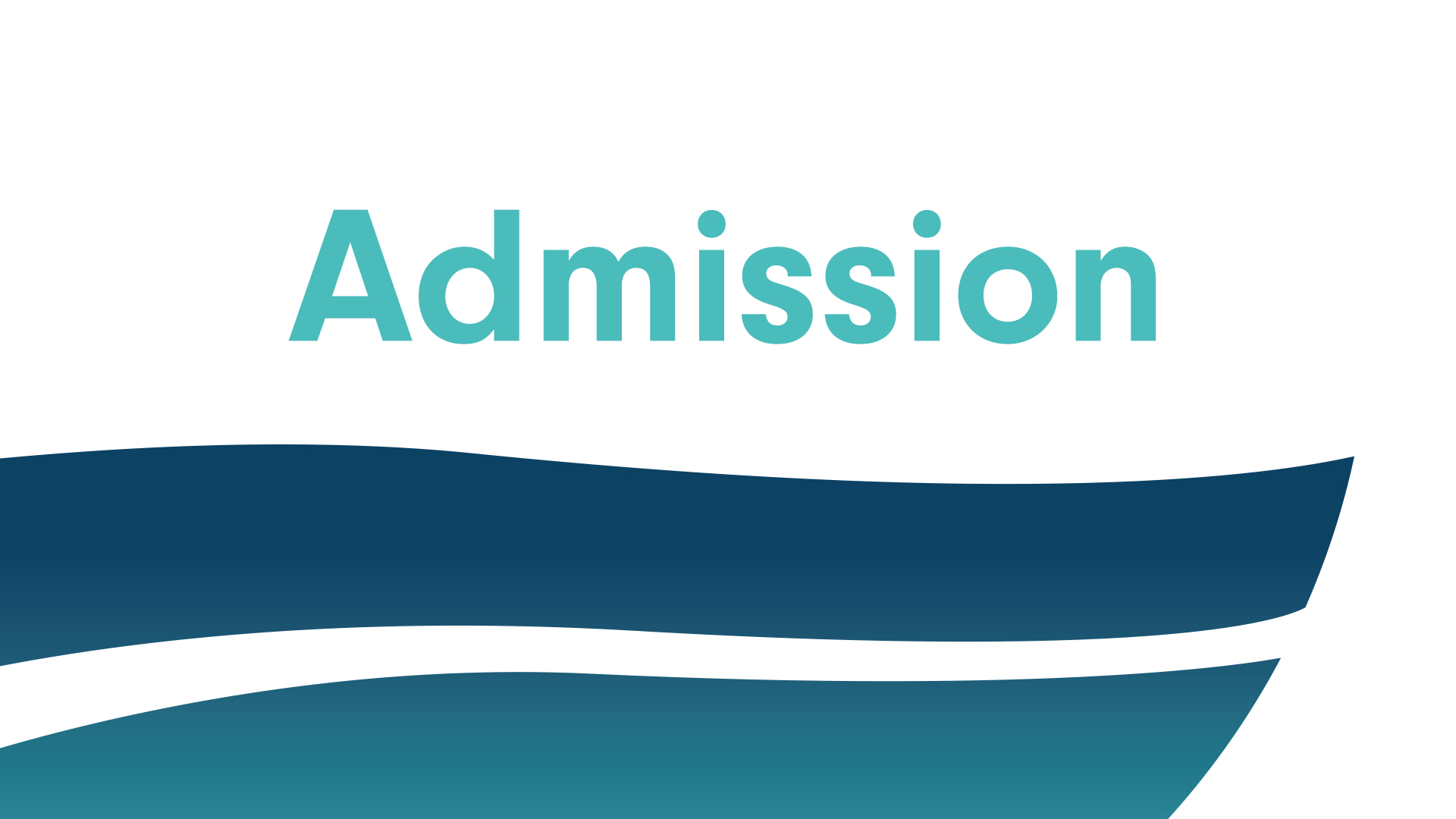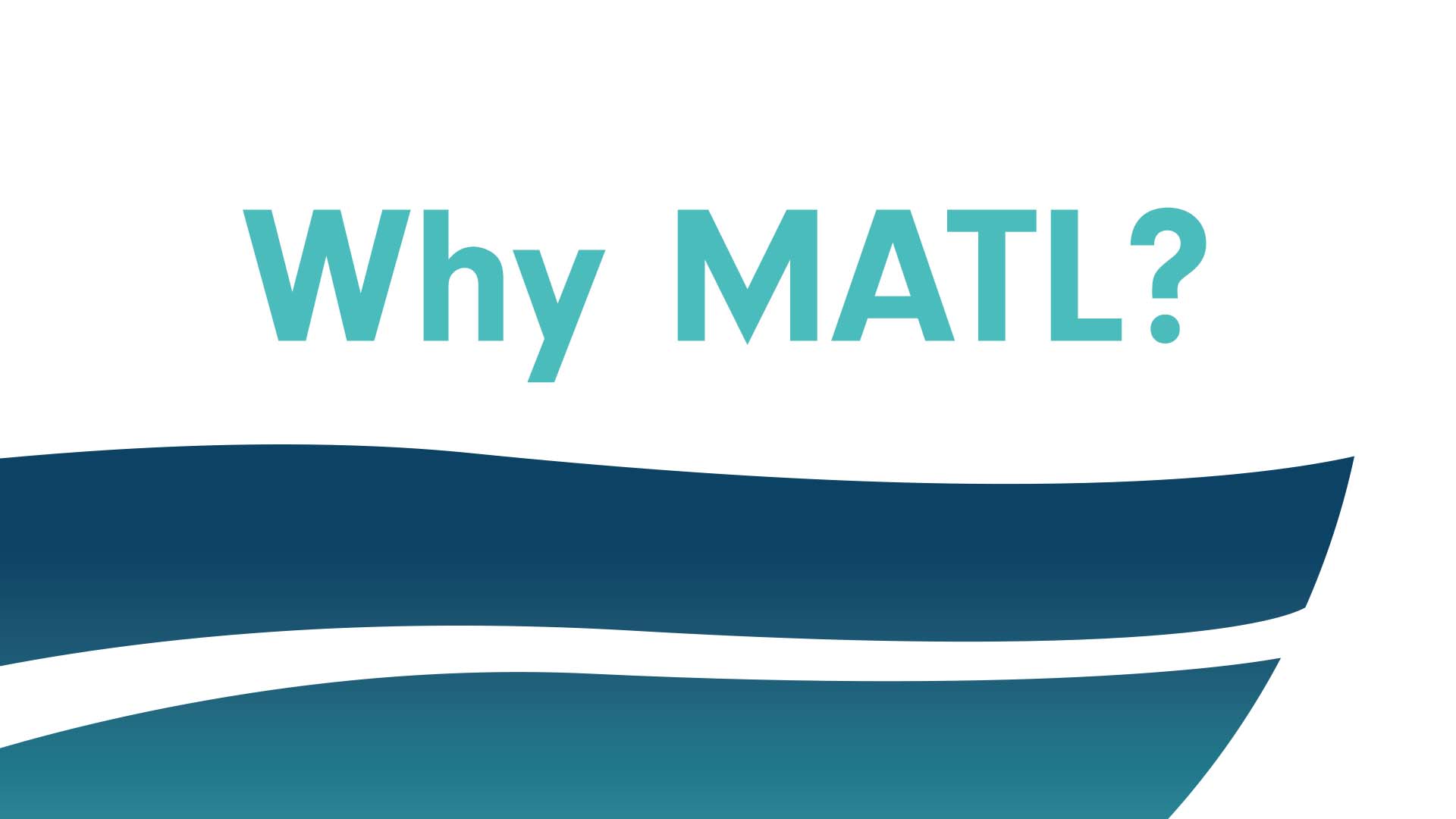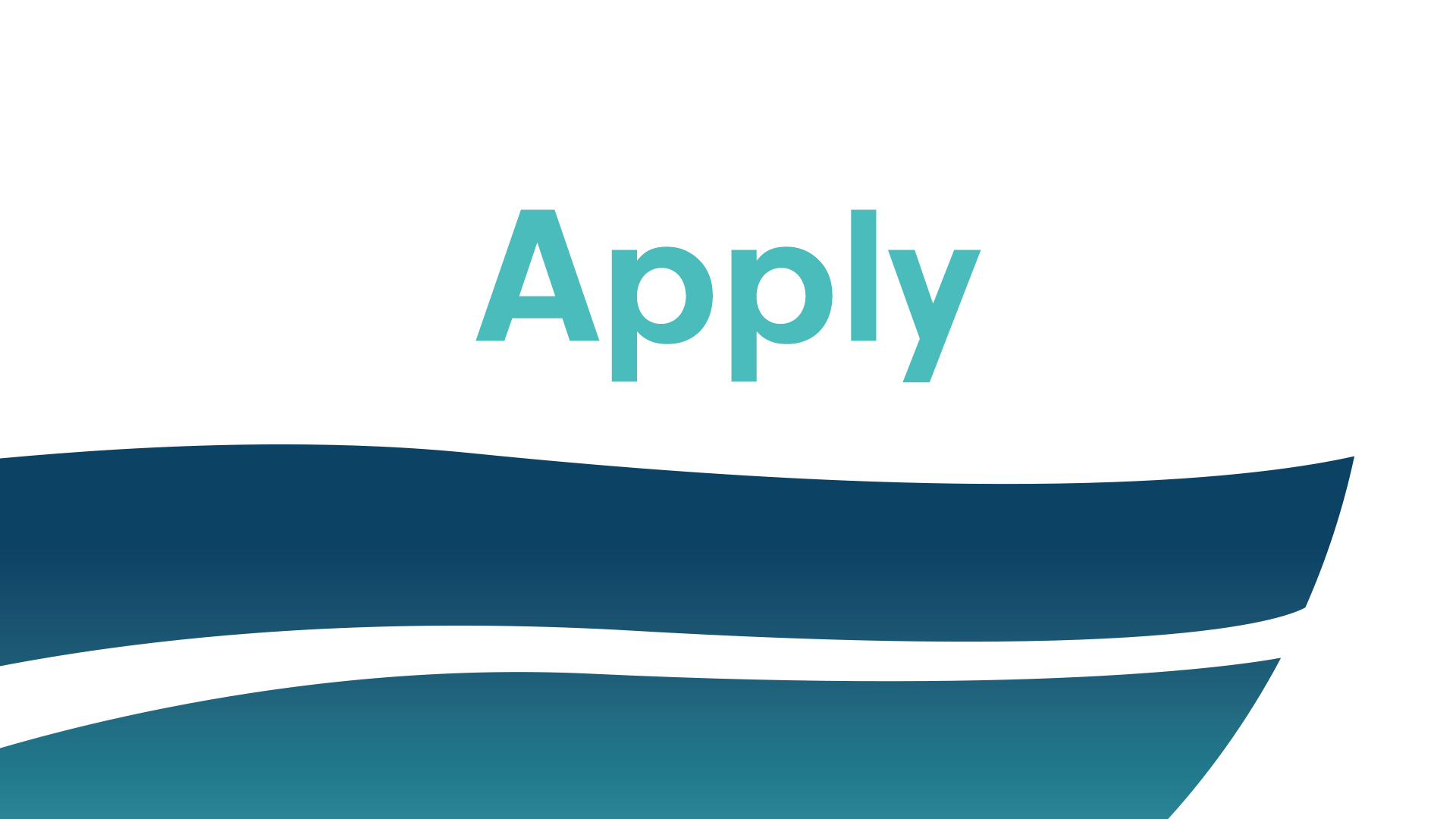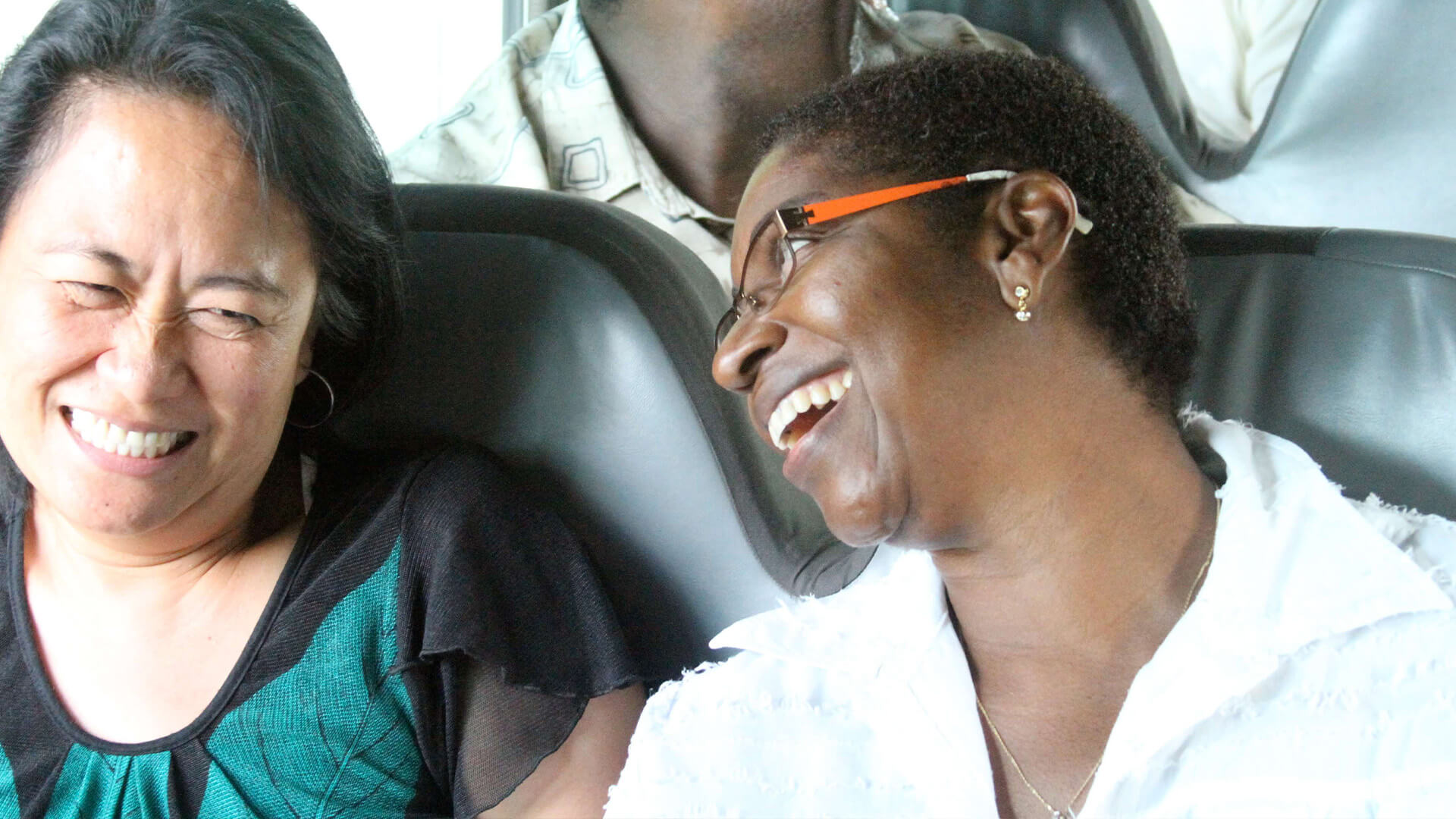
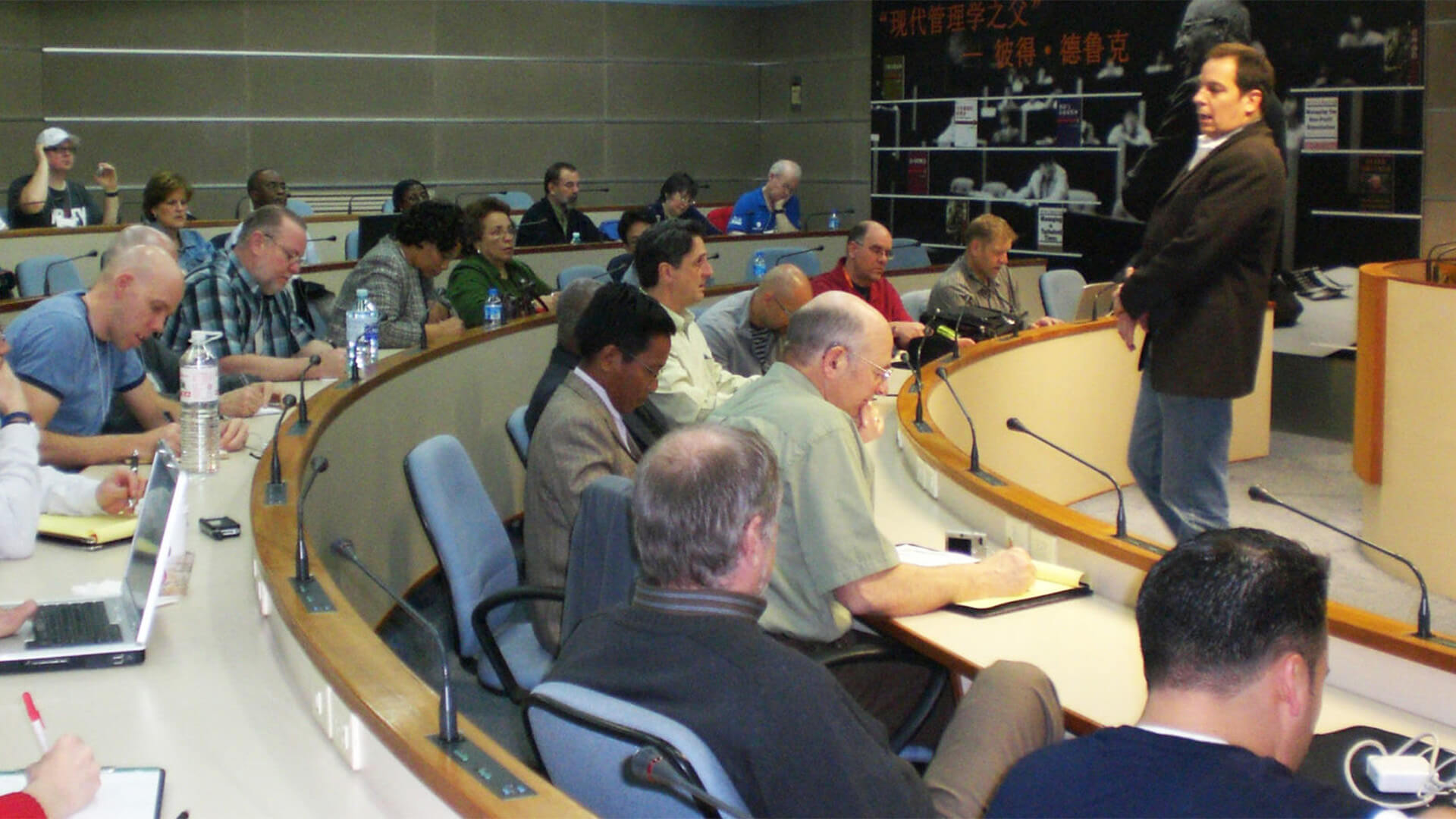
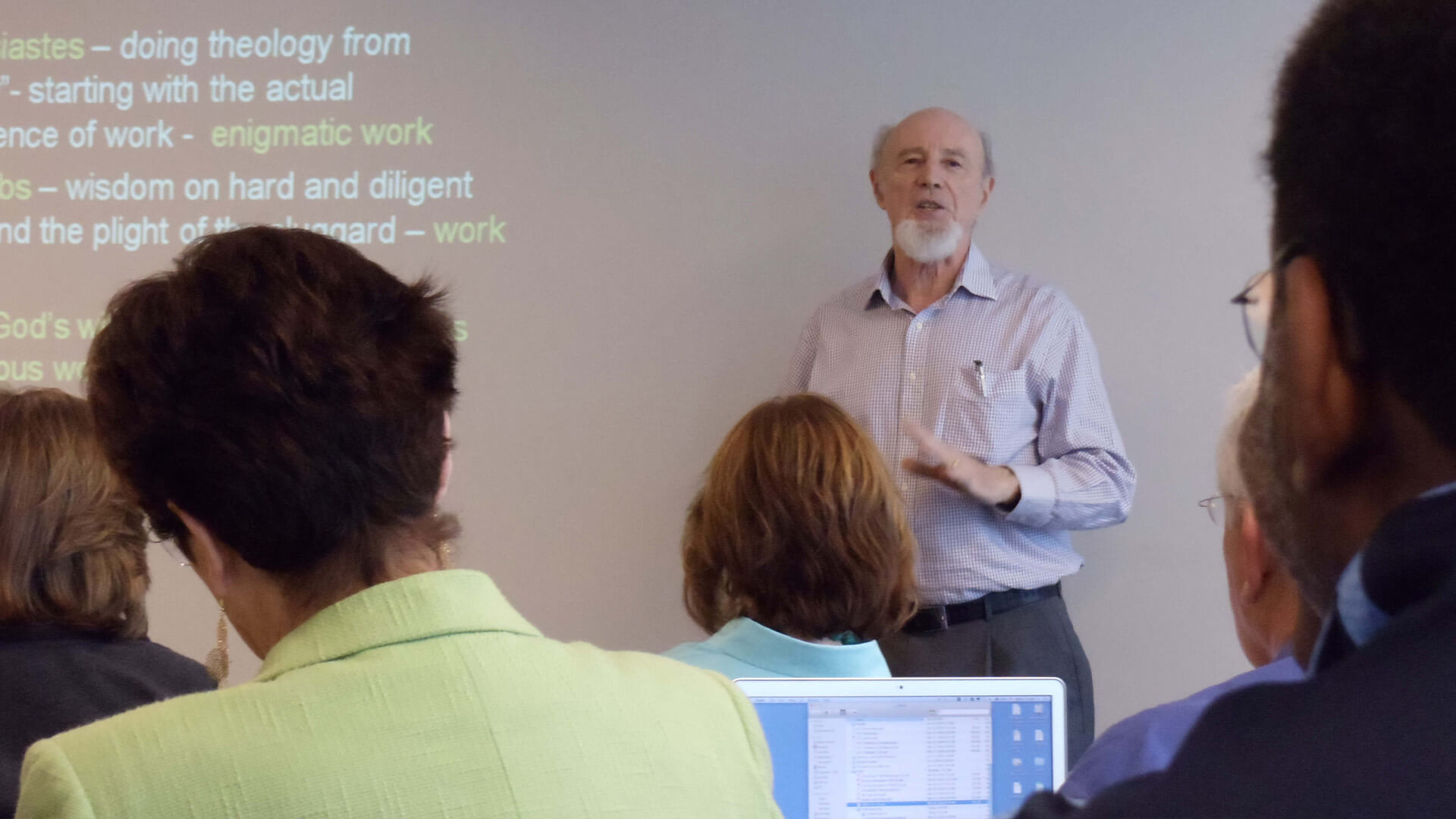
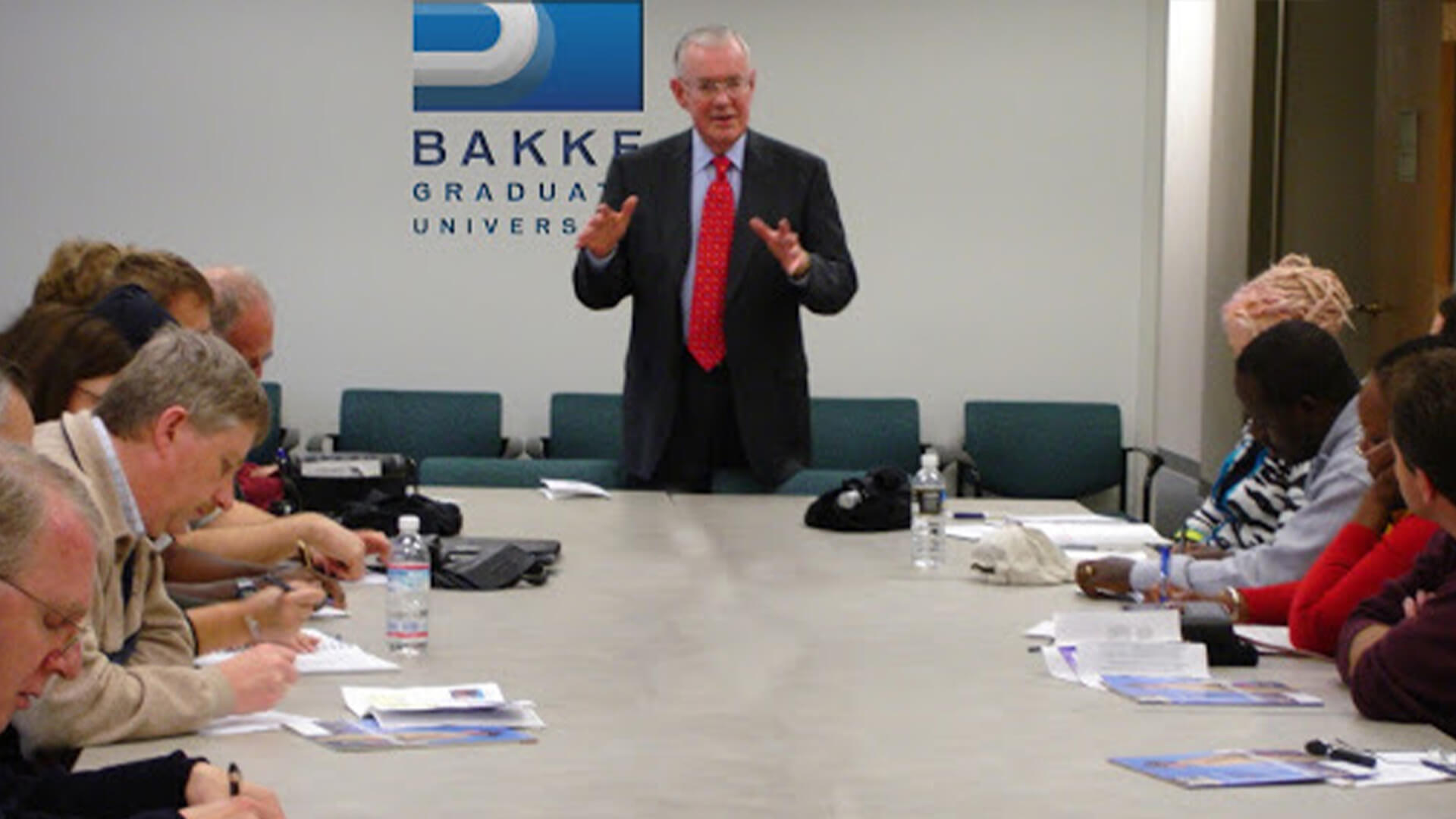
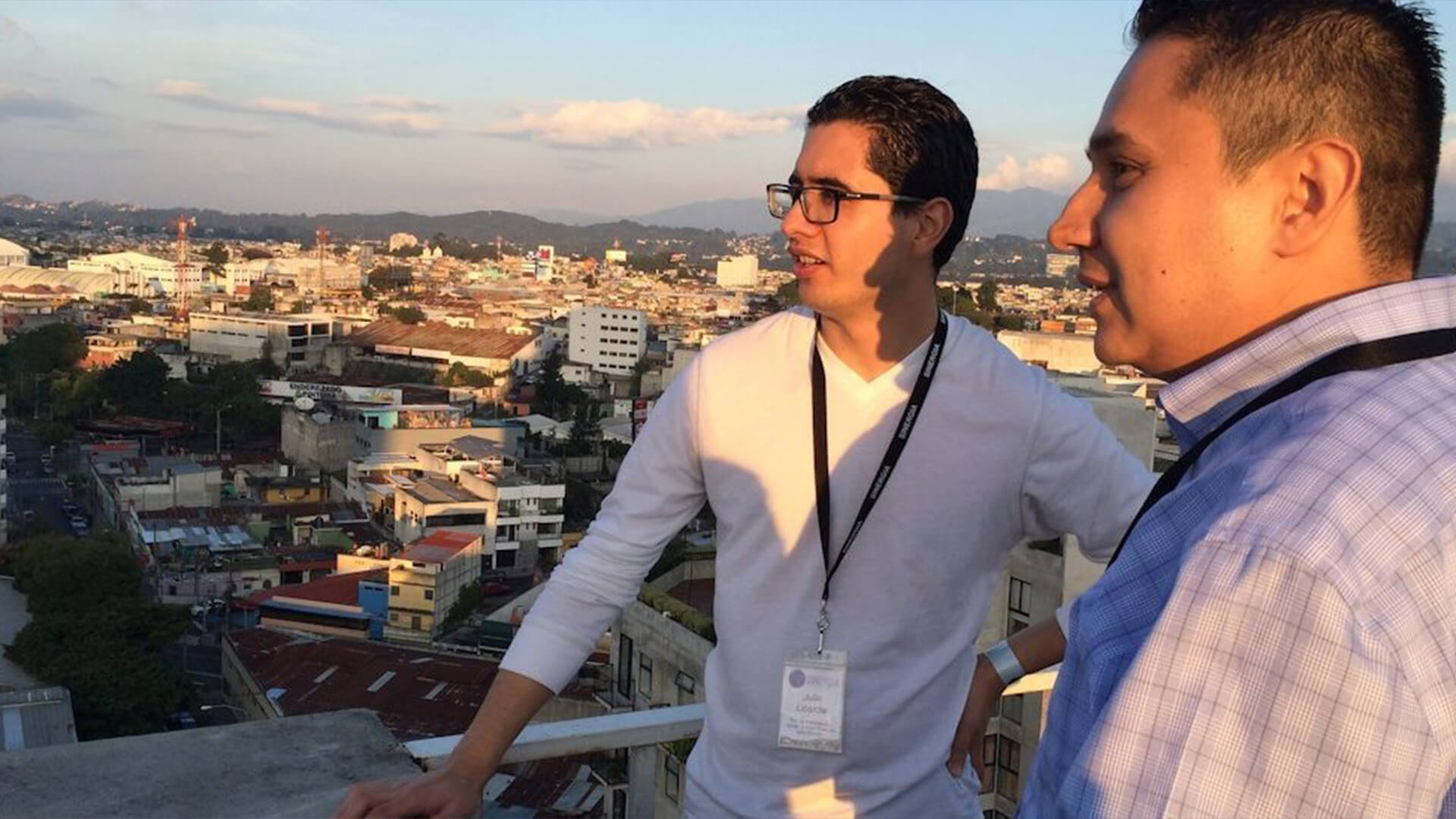
About MATL
For city leaders desiring the best insight and tools to transform their city through innovative new approaches to relief, development, and advocacy.
The Master of Transformational Leadership (MATL) degree is designed especially for urban ministry leaders who desire greater expertise and skill in leading transformation in cities. Students come from church, education, social work, government, and small business backgrounds but are united in a desire to understand more about the complex social, economic, physical, political, and environmental systems that make up global cities. Bible, Christian history, and theology are taught from the spiritually invigorating perspective of God's work in the global city.
Students learn both the why and how of current innovations in urban relief, development, and advocacy so they are equipped to invent new approaches in their unique context based upon the best examples in the world. Students can specialize in personal leadership development or dig deeper in the core topic areas of relief, development, or advocacy. Students can also access a unique set of theological core courses designed for leaders working with younger populations in global urban centers.
MATL Program Description and Focus
The Master of Arts in Transformational Leadership (MATL) is a 36-credit degree to help you experience God’s global movements in new ways, clarify your gifts and calling, and gain practical skills in creating change in yourself, others, and the world. The MATL degree offers four specializations. Required work for your degree will include a total of 36 credit hours (6 of which may be electives). You may take a minimum of two years and a maximum of seven years to complete your degree. You may choose from one of the four program options.
1. Global Pastoral Leadership
This specialization requires that you already have significant Bible knowledge and a pastoral calling. Now you are ready to explore new ways for your church to impact your community and culture. This specialization focuses on the rhythm of the church gathered on Sundays to be equipped to be scattered in the community, workplace, and world throughout the week. How does this equipping and community engagement mindset change how you preach? How are programs developed? What areas do you personally need to be transformed to provide innovative, equipping leadership for your church?
Your view of Scripture will be expanded by relationships with students and faculty who will give you new cultural lenses to view Scripture. You will gain new skills in explaining Scripture's whole narrative, which allows you to preach with higher relevance to both younger audiences and story-based cultures. You will learn more about creating a missional culture among your leaders and in your congregation. And you will find new energy in your calling to pastor your city, places of poverty, and realms of power beyond the traditional programs and walls of your church.
2. Global Urban Leadership
As an urban minister, leader of a non-profit focusing on city issues, a business person pursuing marketplace solutions to urban problems, or a city government leader, you need perspective and in-depth understanding of cities. This specialization provides new perspectives about God’s view of cities, the latest research on cities, and relationships with some of the world’s leading influencers of cities. You will also explore how God has called you in the continuum of relief development and advocacy:
Relief: how to effectively address crises and address immediate needs.
Development: how to integrate the many facets of community spiritual, social, economic, and educational development.
Advocacy: diplomacy, politics, and activism addressing places of power and long-standing systems of evil that feed off poverty and injustice.
You will learn how to exegete your city while using Appreciative Inquiry and other tools to identify how God has preceded your work. Through community engagement, you will empower people to develop solutions in their neighborhoods through Asset Based Community Development. You will explore time-proven city-wide network development models to increase partnerships and unity while building an atmosphere of trust in your work as an urban leader. You will gain mission clarity for you and your organization and core skills in collaboration, fundraising, and leadership development. You will immediately apply what you are learning to your current roles.
3. Global Organizational Leadership
If you are a leader of a for-profit or non-profit organization, this specialization is for you! It will allow you to clarify your calling, expand your organization's vision within a missional perspective, and gain practical organizational skills. BGU's global expertise in vision-values leadership allows both small and large organizations to increase their vision and values clarity, develop decentralized decision-making and accountability processes. At the same time, you are engaging in increased ownership of employees, boards, customers, capital sources, and donors.
This specialization's centerpiece is offered in four toolkit online courses that provide practical skills with all assignments applied to your current work. You will develop a new business plan, a new product plan, or measurable improvements in your organization as you are taking these courses.
Comparison Chart of the Three Degree Specializations
4. Global Vision Customized Mentored Studies
After taking the foundational courses, students will work with the MATL Director to develop a unique degree program path utilizing courses selected from the other three specializations and electives from other BGU master's and doctoral programs.
----
Please contact Dr. Yvonne McKenzie to set up an appointment for assistance in planning out your classes for the next few years. Use the Program Worksheet (downloadable Word document) to plan out your degree, drawing from the two-course calendars
MATL Degree Requirements
Program Length and Cost: Students may take a minimum of two years and a maximum of seven years (from the date of acceptance) to complete the degree. The cost per credit for the MATL is $525. For details about additional fees, see section III. Financial Information.
Academic Achievement:
Grades: A student must complete 36 semester credit hours and maintain a 3.0-grade point average (GPA).
Core Courses (see Program Outline)
Alternatives: Independent studies and internships may be undertaken with special approval by the MATL Director.
Request for Candidacy (Graduation): Students who have completed approximately three-quarters of their degree program (generally 30 credits toward their degree) may apply for candidacy, i.e. graduation track status. The Academic Dean, in consultation with the Academic Cabinet, will make the final decision as to whether the student qualifies for candidacy and will be admitted into the final stages of the degree program. Each Request for Candidacy will include the following procedures:
The prospective candidate will have fulfilled all entrance conditions stipulated at the time of admission.
The prospective candidate will have demonstrated a capacity for graduate-level studies by maintaining a 3.0 GPA.
The prospective candidate will submit a Request for Candidacy form no later than February 15th of the year the student plans to graduate to the Office of the Registrar. Later applications may be submitted, but graduation in that year will not be assured.
MATL Course Format
Master of Transformational Leadership courses are multi-modal courses, augmented by face-to-face intensives and an online and/or telephone conference element.
Section I (Weeks 1-2): | Pre-Session Work |
Section II (Week 3): | Intensive Class Session |
Section III (Week 4-5): | Online Interaction Class |
Section IV (Weeks 6-12): | Post-Session Work |
MATL Tuition and Fees
Tuition for 36 credits at $525 per credit:
Two-Year Plan:
Year One (18 Credits) | $ 9,450.00 |
Year Two (18 Credits) | $ 9,450.00 |
|
|
TOTAL TUITION | $18,900 |
Three-Year Plan:
Year One (12 Credits) | $ 6,300.00 |
Year Two (12 Credits) | $ 6,300.00 |
Year Three (12 Credits) | $ 6,300.00 |
TOTAL TUITION | $ 18,900.00 |
Additional Estimated Expenses (If student completes program in 3 years)
Administration Fees | $ 600.00 | (12 courses) |
Resource Fees | $ 600.00 | (currently $50 per module) |
Graduation Fee | $ 350.00 | |
Technical Reader Fee | $ 150.00 | |
Cap & Gown | $ 125.00 | (only if student attends ceremony) |
Books | $ 1,000.00 | |
Miscellaneous | $ 200.00 | |
TOTAL ADDITIONAL EST. EXPENSES | $ 2,950.00 | |
TOTAL EST. COST OF MATL | $21,875.00 |
Monthly Interest Free Payment Plans are available.
1 **These costs are approximate for an entire program at Bakke Graduate University and incorporate projected tuition increases over the next few years. They are only estimates and not exact; however, they can give you a rough outside estimate for the total program cost.
The Additional Estimated Expenses are estimated high and reflect costs for students who live outside of the United States and/or those who will be taking courses that require more travel and lodging. Therefore, these will be variable depending on the location of a student and course choices.
MATL Admission Requirements
Admission to the Master of Transformational Leadership (MATL) program at BGU is based on a selection process conducted by the Academic Cabinet (AC). The AC reviews each application thoroughly to determine the applicant’s qualifications as well as compatibility of the university programs to the applicant's educational goals. The applicant will be presented to the AC for consideration after all required application materials have been received by the university.
Applicants are required to provide documents attesting to:
Academic Credential. A baccalaureate degree or its equivalent. Applicants not holding a baccalaureate degree or its equivalent may apply to the MATL program under Special Student Admission Status. Requirements for this status include a minimum of five years of continuous ministry experience, a paper describing a good rationale for the student not having had access to higher education (e.g., religion, culture, geographic, etc.), and an assessment to be conducted by the Academic Cabinet (AC). Only a limited number of applicants will be admitted under the Special Student Admission Status.
Leadership/Ministry Experience. Involvement in ministry (although students seeking understanding and training in ministry may be accepted when there is evidence of sufficient maturity; and
English Language. Each student must demonstrate English proficiency by:
Showing that it is his/her native language, or
By having successfully completed an undergraduate or graduate school program in which English is the primary method of instruction, or
Exhibiting sufficient English-language capabilities to succeed in the classroom and in the BGU MATL program as measured by a score of not less than 80 on the internet-based TOEFL or TOEFL-equivalent exams taken within the last five years. As an alternative to the TOEFL, BGU will accept the IELTS (International English Language Testing System), where the students have scored 6.5 or better.
Why MATL?
Read the Kathy Pierburg story: "The theology courses transformed my understanding and approach to ministry, and really all areas of my life. I look back on the experience in this program in awe of God’s timing and direction." Read more.
Read Patrick Thompson's story: "BGU is not just any other university. If it is you're looking for that go somewhere else. If it is that you want transformation, if it isn't, you want to understand how you you're wired and called by God, it is a you want to pivot and to move to that stage in life where you are walking in God's purpose." Read more.
Watch Patrick's video interview HERE.
